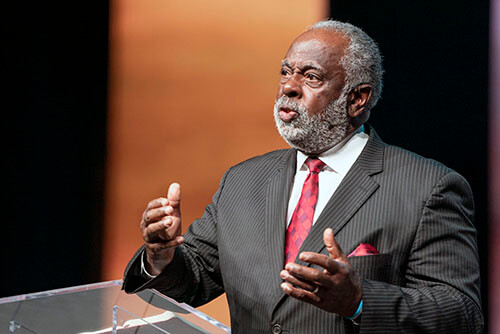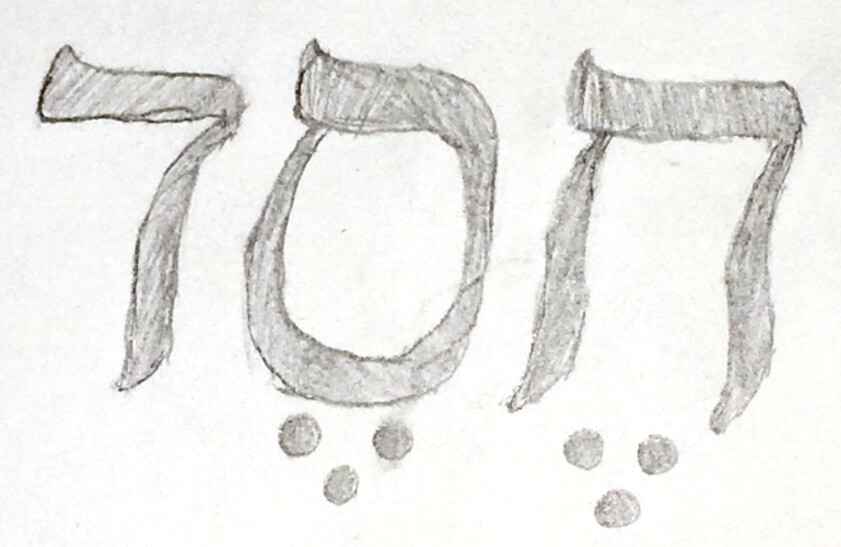Keeping Up Your Biblical Languages by Jonathan G. Kline is your answer to doing faithful, consistent reading in Hebrew, Greek, and even Aramaic this year.
"I want to teach in such a way that there is intra-trinitarian presence in teaching. If it is about the overarching plan of God, it is about the Holy Spirit revealing the Scriptures, and it is about Christ being magnified."
"Reading Cyril has helped me to see . . . that the heart of our faith is a person."
"In studying the Bible, a big part of our goal is to understand the text in its original historical and cultural context. This means we have the difficult responsibility of trying to read God’s Word with “Middle Eastern eyes” instead of our innate...
"Mounce is to be commended for producing a quality seminal grammar, and this latest edition is a worthy upgrade."
"One of the key elements for teaching any language is culture. . . . Yet in teaching biblical languages we sometimes forget this."
"Bernard’s brilliance is not his use of so-called critical methods but in the fact that, as a monk, he had prayed, read and studied the Sacred Scriptures so intently that his vocabulary is literally a biblical vocabulary."
One of my warmest memories with Professor Hurtado occurred in 2014 at SBL in San Diego over a meal. We went to lunch at a French café and before we began eating, he paused and said: “Let’s pray over our meal.” He thanked God for the meal, closing...
In 2017, David Pleins and I released a new resource designed for students of biblical Hebrew: Biblical Hebrew Vocabulary by Conceptual Categories: A Student’s Guide to Nouns in the Old Testament, a user-friendly book from Zondervan that...
"The impression we want to create is that Jesus is the reason why we have a New Testament. Jesus is the momentum, the event, the power, and explanation for why Christianity began"









